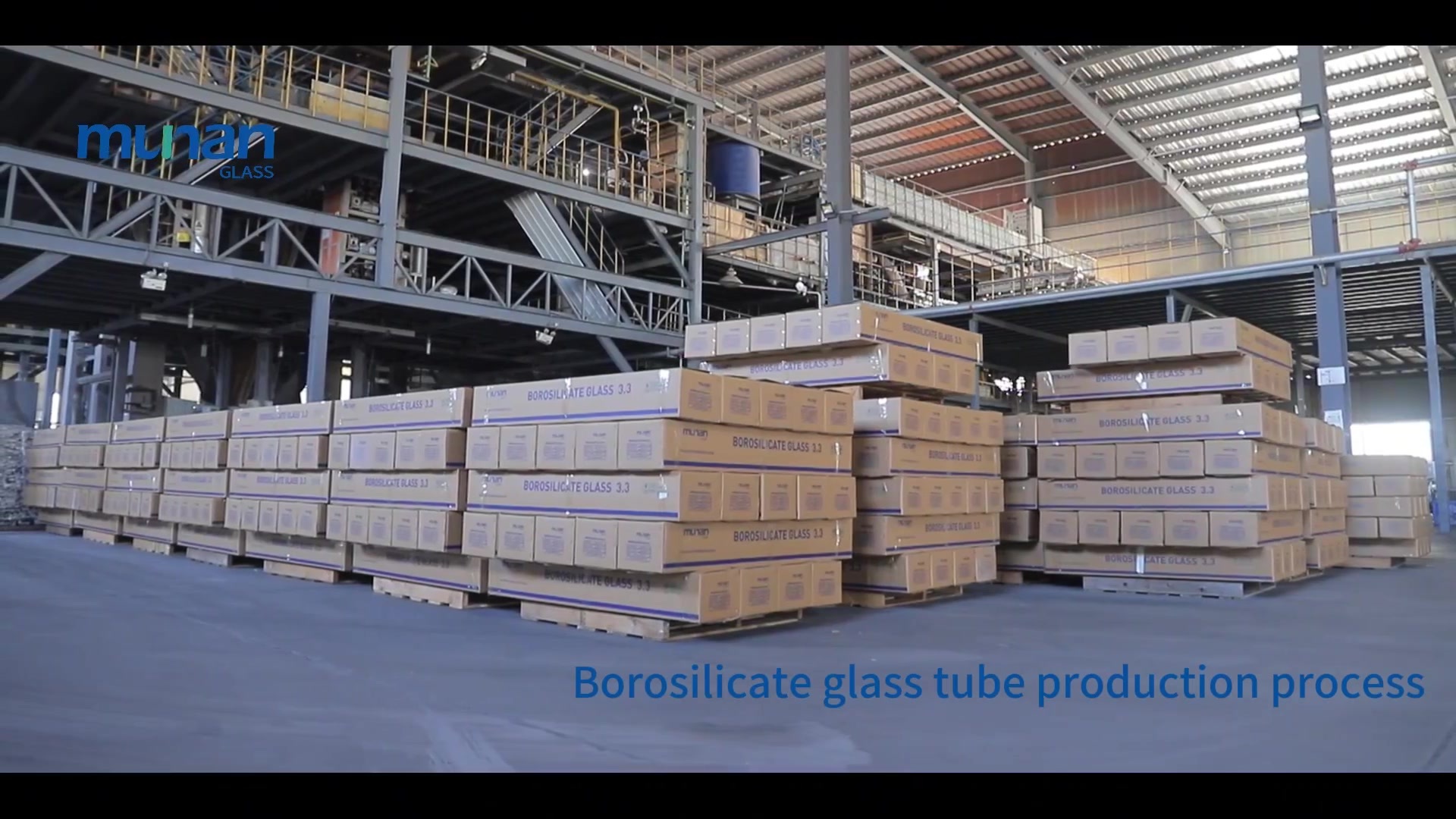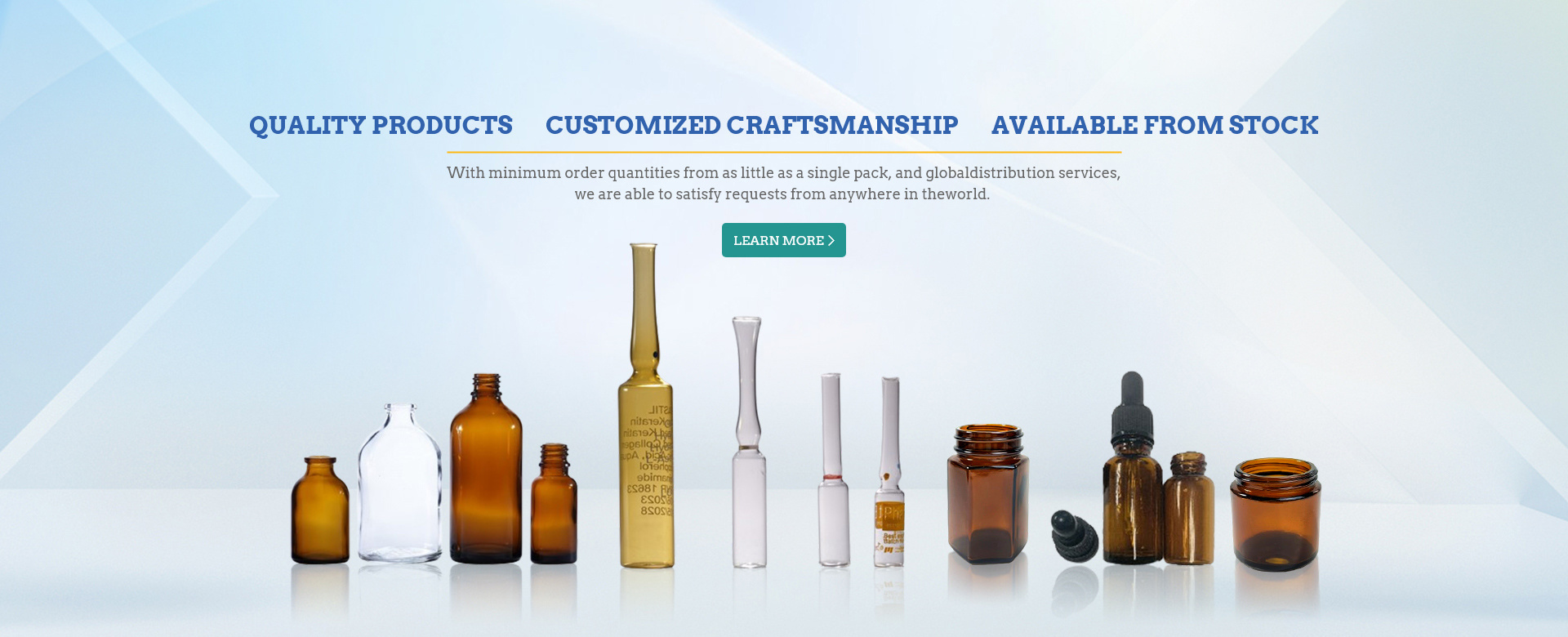Support customization and sample delivery!
Production process of high borosilicate glass tube
Author:
Munan Glass
Date:
2024-02-18
Read:


The production of high borosilicate glass tubes combines advanced technology with meticulous craftsmanship to create a material renowned for its exceptional thermal resistance, chemical durability, and optical clarity. This specialized manufacturing process ensures the final product meets rigorous industrial standards, making it ideal for applications in laboratory equipment, pharmaceutical industries, and high-performance lighting.
Step 1: Raw Material Selection
High-purity raw materials, including silica sand (70-80%), boron trioxide (10-13%), and trace additives like aluminum oxide and sodium oxide, are precisely measured. The boron content distinguishes borosilicate glass from conventional soda-lime glass, enhancing its thermal shock resistance.
Step 2: Batch Melting
The blended mixture is fed into a high-temperature furnace (1,600–1,700°C) for homogenization. Continuous stirring eliminates air bubbles and ensures uniform composition, critical for maintaining structural integrity under extreme temperatures.
Step 3: Tube Forming
Molten glass is extruded through platinum-rhodium alloy nozzles using the Danner or Vello process. The Danner method involves rolling molten glass over a rotating ceramic mandrel to shape hollow tubes, while the Vello technique vertically draws glass through a precision die. Both methods require precise temperature control to achieve consistent wall thickness and diameter.
Step 4: Annealing
Newly formed tubes undergo gradual cooling in a lehr annealing oven. This step relieves internal stresses caused by rapid temperature changes, preventing microfractures and ensuring long-term durability.
Step 5: Quality Inspection
Each tube is rigorously tested for defects, dimensional accuracy, and thermal performance. Advanced tools like laser gauges and polariscopes verify compliance with ISO-certified specifications.
Step 6: Customization & Packaging
Tubes are cut to client-specified lengths, flame-polished for smooth edges, and packed in shock-resistant materials to prevent transit damage.
Why Choose High Borosilicate Glass Tubes?
- Withstands temperatures up to 500°C
- Resists acid/alkali corrosion and sudden thermal shifts
- Maintains clarity and strength over decades
Optimized for industries prioritizing safety and precision, this production process ensures unmatched reliability. For premium-grade borosilicate glass tubing solutions tailored to your needs, [Contact Us] today to discuss custom specifications or bulk orders.


















